The Australian Criminal Intelligence Commission (ACIC) has today released the latest findings from the National Wastewater Drug Monitoring Program.
ACIC CEO Michael Phelan APM said that serious and organised crime groups continue to profit from the business of drugs that cause harm to the Australian community. Wastewater analysis is an important measure of the demand for a range of illicit drugs and licit drugs with abuse potential and their consumption is a key indicator of the level of harm experienced by the community.
“We know that illicit drug activity is placing a significant burden on the Australian economy and this money could be better spent on education, healthcare and more.
“Understanding drug consumption at the population level supports effective allocation of resources and informs appropriate demand, supply and harm reduction strategies. This is critical in addressing drug use in Australia,” Mr Phelan said.
Report 17 of the ACIC’s wastewater program covered sampling in April and June 2022. In April 57 capital city and regional sites were sampled. This equates to approximately 56% of the Australian population. This is the first report that incorporates population estimates from the 2021 Census, making our estimates of the population being sampled more accurate.
Mr Phelan said the findings show that national consumption of methylamphetamine increased, while consumption of heroin remained relatively stable in capital city sites and increased in regional sites. Consumption of all other drugs decreased. In particular, national consumption of MDMA, MDA, oxycodone and fentanyl fell to record low levels in April 2022.
“This is a unique situation where – with the exception of heroin – both capital city and regional sites were experiencing the same trend at the same time.
“The decreases in consumption are likely related to supply issues,” Mr Phelan said.
“ACIC judges that these results were brought about by a mix of normal market forces (including demand, supply and seasonal factors), supply-side decisions by serious and organised crime groups and seizures and detections of some drugs.”
For instance, we judge that MDMA consumption has decreased since December 2019 largely because of the decisions of serious and organised crime groups in Europe, which are key to the supply of MDMA in Australia. Some of these groups appear to be transitioning from the manufacture of MDMA to methylamphetamine and this appears to be impacting the supply side of the Australian market. There were also a number of large seizures of cocaine over the past year that may have impacted the market.
The increase in methylamphetamine consumption to longer term average levels likely reflects normal market forces now the illicit drugs market is less impacted by COVID-19 restrictions.
Cannabis aside, methylamphetamine consumption in Australia has consistently been far higher than other illicit drugs because Australian users have a preference for illicit stimulants, there is strong demand in capital cities and regional areas and the drug is highly addictive, and the methylamphetamine market is supplied by importations from a number of reliable sources and tangible domestic manufacture.
Wastewater analysis continues to provide unique and regular insight into drug consumption. Insights from the ACIC’s National Wastewater Drug Monitoring Program improve our collective understanding of external factors that affect consumption and the resilience of the respective drug markets.
Read the full report on the ACIC website.
Media enquiries: 02 6268 7343 or 0409 603 637
Note to editors
In accordance with current wastewater analysis conventions, the terms of the contract, and to protect the integrity of the ACIC’s wastewater program, the exact sampling locations cannot be publicly released by the ACIC. To maintain the confidentiality of the participating site, each site was allocated a unique code to de-identify their results, however trends in particular states and territories can be identified.
Media are encouraged to include help-seeking information in stories about illicit drugs to minimise any negative impact on people in the community. The following services provide people with access to support and information.
- For free and confidential advice about alcohol and other drug treatment services call the National Alcohol and Other Drug Hotline on 1800 250 015.
- Access free 24/7 drug and alcohol counselling online.
- For information about drug and alcohol addiction treatment or support, go to the Turning Point website.
